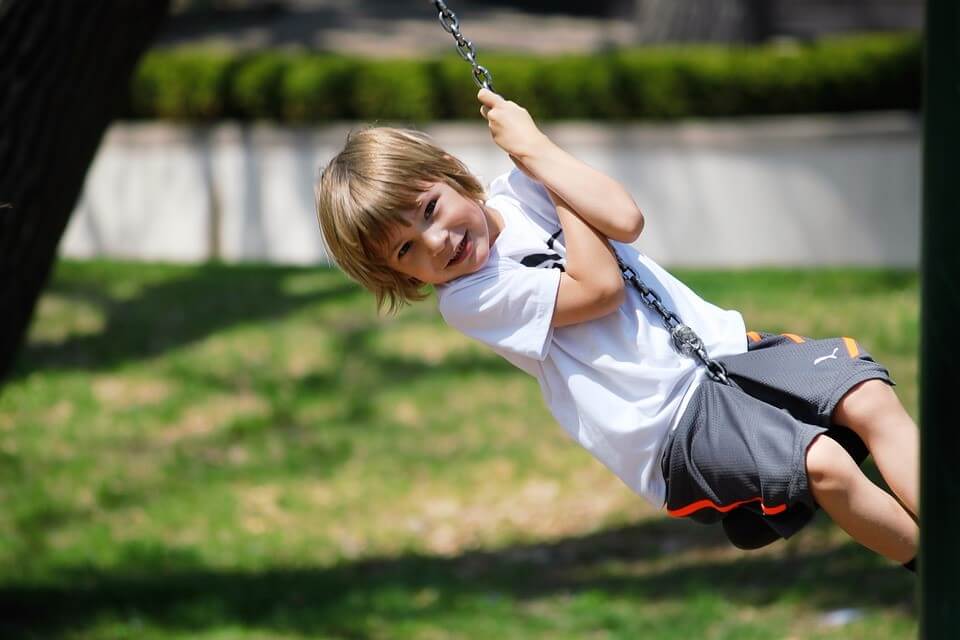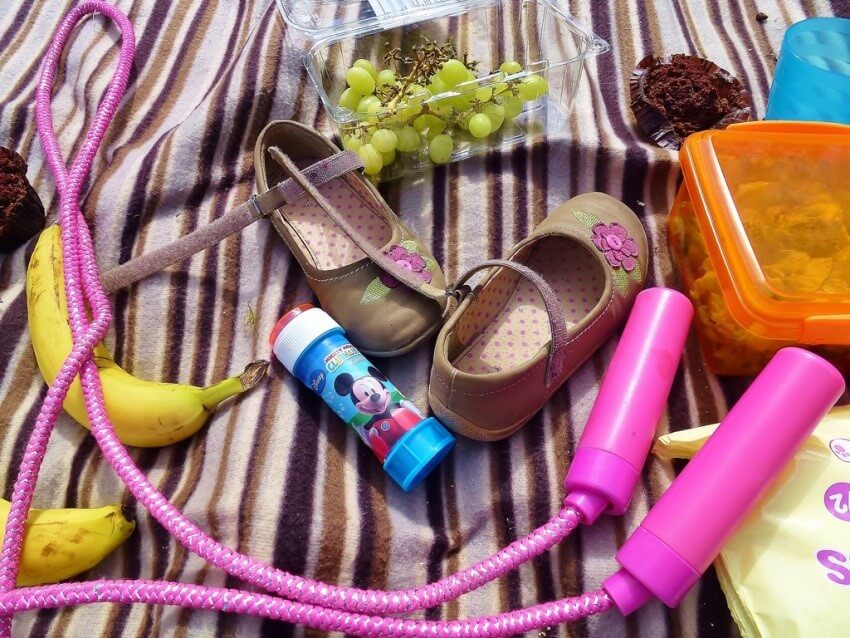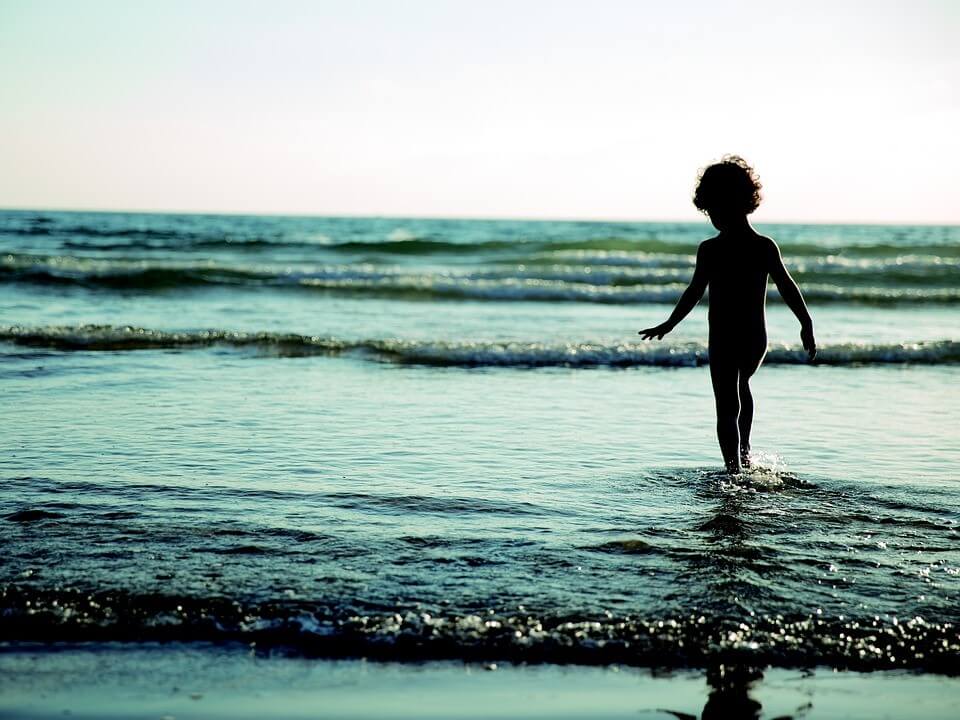6 Essential Summer Safety Tips for Parents

Summer is a time of sheer delight for children; they’re free from the confines of the classroom for a few weeks, to run and play outdoors to their heart’s content. But the warmer season also brings with it plenty of hazards, as days become longer and significantly hotter, it’s key to make sure you take proper precautions to minimise the risk of injuries or heat-related illnesses. We’ve compiled some essential summer safety tips for parents to ensure that your children are successfully kept safe from harm all summer long.
-
Sun protection
During the summer months, harmful UV rays are at their strongest so it’s important that you apply sunscreen at the start of each day. Children should be wearing at least factor 15, but if they have very pale skin then you’ll need sunscreen that’s a lot stronger. The sunscreen should be reapplied at intervals throughout the day, and this should be done straight away after your children have been playing with water or swimming.
The face, chest, neck, back and shoulders are especially prone to catching the sun, so these areas should be covered as much as possible. Opt for loose clothes, caps and sunglasses to protect your children’s eyes. You should try to limit your time spent directly under the sun, and sit under a shaded area instead. If you have young babies, keep them as cool as possible and invest in a parasol if you’re sitting outdoors.
-
Staying hydrated
Make sure that you and your children are drinking enough fluids. During the summer months, our bodies need more water than usual to function properly, so you should make it a habit to stay hydrated. It’s a good idea to carry a big bottle of water with you on days out. Children may be having so much fun that they don’t realise that they’ve become dehydrated, so it’s our responsibility to monitor this as adults. Children burn more energy when they’re running about in the heat so you should keep their energy levels up with occasional sugary treats.
-
Be alert for the symptoms of heat fatigue
Symptoms of heat exhaustion include rapid breathing, heavy sweating and a fast, weak pulse. Heat exhaustion can be a precursor of heatstroke, a much more serious condition that requires immediate medical attention. Make sure to remain vigilant and monitor those around you, especially the very young and the elderly, for signs of heat exhaustion. If any of the signs arise, be sure to remove the individual to a shaded or cool place and offer plenty of fluids until the symptoms subside. If there is no improvement, then be sure to seek medical attention.

-
Treat sunburns correctly
While sunburns can be easily prevented with the conscientious application of sunscreen, accidents do sometimes happen. Severe sunburns are often identified by redness, headaches, fever and chills. In the case of a severe sunburn, be sure to apply aloe vera lotion or gel often. Do not touch blisters that may appear; these can be easily infected if popped. Blisters will naturally come and go as the sunburn heals.
-
Take precautions in the garden
The garden will usually get a lot more care during summertime, when it is being used a lot more. From the appearance of barbeques and lawn mowers to fertiliser, rakes and other garden tools the summertime garden or yard can be a potentially hazardous place, especially for young children. Take care to ensure that all gardening and landscape supplies, barbeque grills and accessories are properly stored.

-
Practice water safety
We all know that children should never be left unattended around water, even for a minute. Whether you’re at home, the beach or the local swimming pool, young children should always have an adult with them, as well as floats or armbands. Older children can be left to their own devices if they are confident swimmers, but should always be in the appropriate section of the pool for their ability with a lifeguard present. Children should be warned never to run around the poolside as slipping is one of the most common causes of injury.
By being vigilant and following these steps, you can be sure that your children’s safety is not being compromised in any way. It’s the responsible of every adult who’s present to help supervise the children and enforce a safe environment. Once you’re sure that this is being done, don’t forget to have fun!
